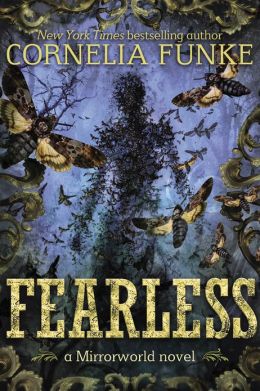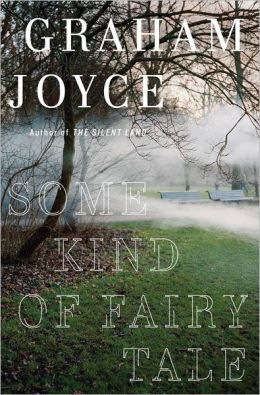
When I finished this book today, my husband asked if I was going to describe it as breezy. I told him it was the literary equivalent to a mojito: delicious and light. And then he mocked me. Which I probably deserve.
I've mentioned before that I don't really go for these cheesy chick lit titles but I do love Sophie Kinsella. Wedding Night was ridiculous and entertainment, just like all of her novels.
Wedding Night is the story of Lottie, who is convinced that her boyfriend Richard is about to propose to her. When he doesn't, she ends up getting back in touch with her gap year flame, Ben, who is going through a lot of his own issues. When he spontaneously proposes to her, she jumps headfirst into a horrible decision. She does decide to hold off on sex until their wedding night, which they intend to have on the Greek island where they first met.
The chapters alternate between Lottie's perspective and her older sister, Fliss's. Fliss (Felicity) works for a magazine that reviews hotels. She is horrified by another one of Lottie's post-break up impulsive decisions. But she is also reeling from her own painful divorce that continues to wreak havoc on her life. Early on in the book she meets Lorcan, Ben's colleague, and they jump onto a one night stand, after bonding over Ben and Lottie's terrible decision.
Fliss then decides to sabotage the honeymoon. She bribes one of the hotel managers to do everything they can to prevent Lottie and Ben from consummating the marriage, because she worries Lottie might get pregnant, regret her spontaneity and then have to deal with a messy divorce. At least if there isn't sex, she can get an annulment. Meanwhile, Fliss, her son Noah, Lorcan and Richard (who quickly regrets losing Lottie), travel to Ikonos, hitting a few bumps on the journey (like a medical emergency that forces their plane to land in Bulgaria). Lottie and Ben are constantly frustrated by their honeymoon from hell. Their fabulous suite has two single beds, Ben gets drunks, she has an allergic reaction to massage oil. They are so desperate to get it on that they have a hard time seeing clearly. It soon becomes obvious that Ben isn't such a great guy. Richard, on the other hand, is desperate to get Lottie back. It doesn't take a genius to realize how the story will end. And how Fliss will get her own happy ending as well, given her chemistry with Lorcan.
If you've liked other Sophie Kinsella books, you'll like this one too. Read it in a hammock when the weather gets nicer. Or on a beach somewhere. It's totally a beach book: light, easy and fun. Enjoy!
Buy it at amazon and Barnes & Noble




